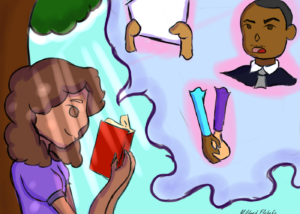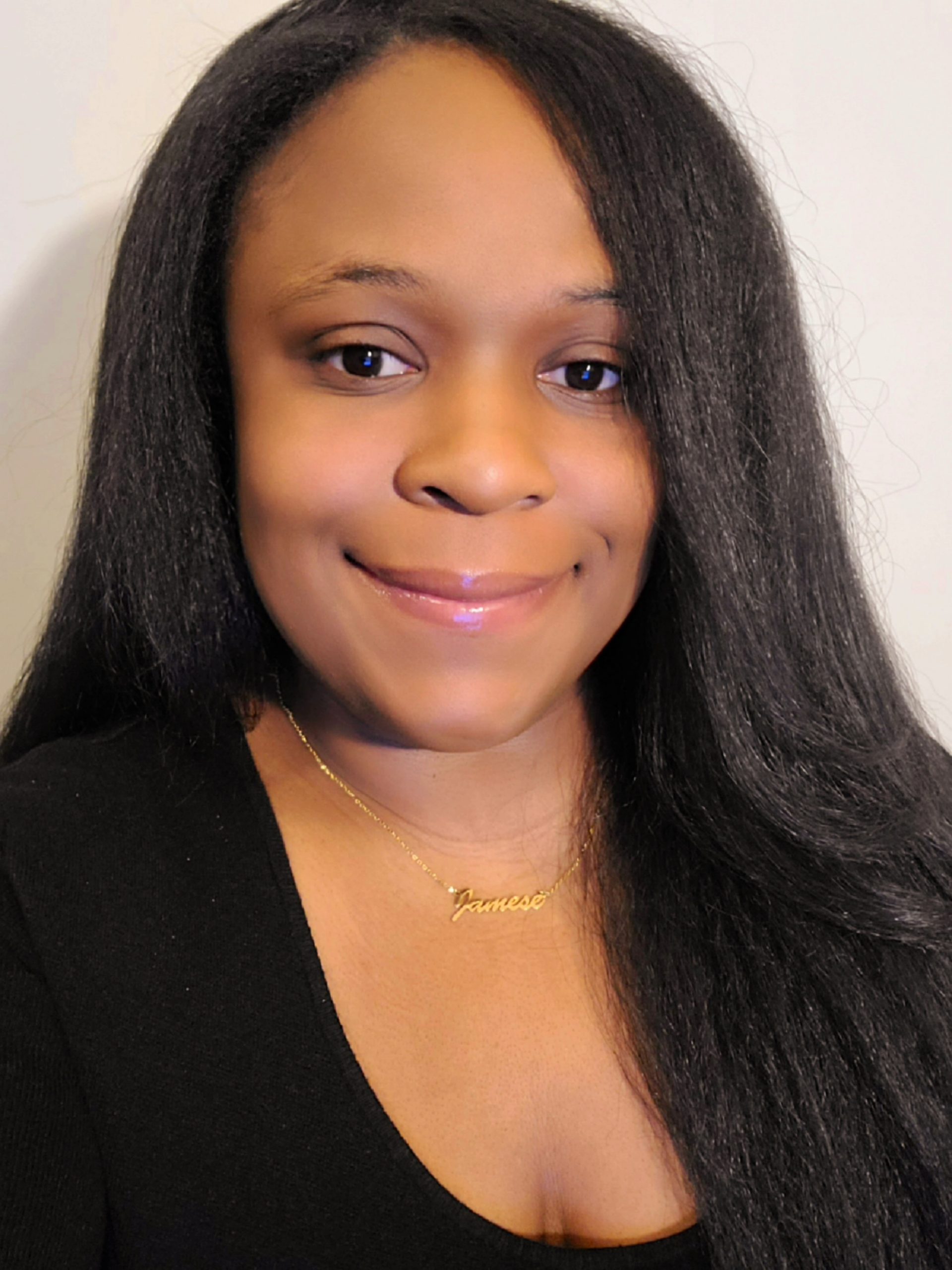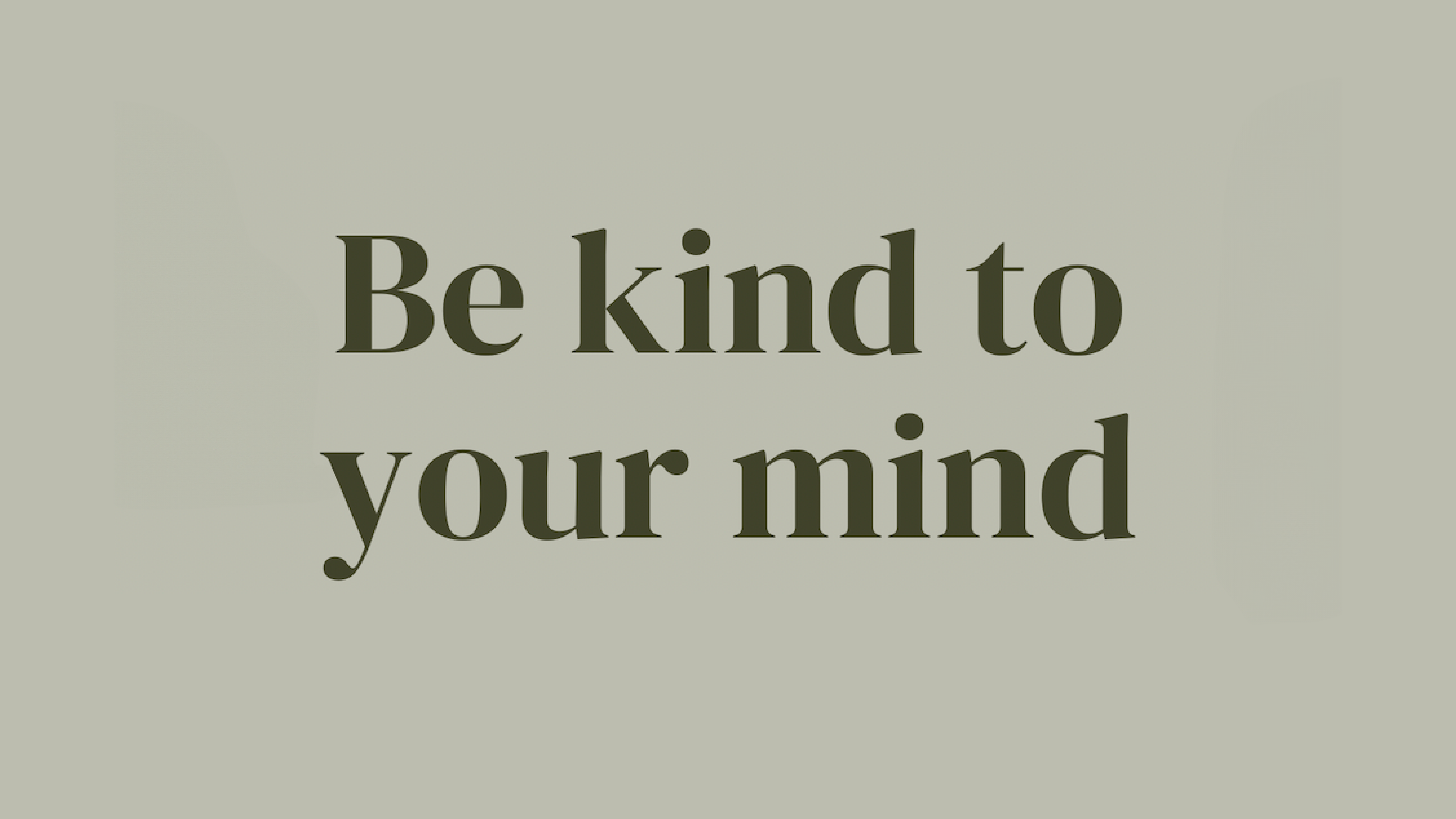“In the African American community, we’ve been taught to tough it out, hide our suffering, but this is something none of us have ever experienced, and no one should suffer in silence.” ―Taraji P. Henson
In honor of Black History Month, YHELP! would like to focus on Black Mental Health. For many centuries Black people have experienced an obscene amount of adversity without being given the proper tools to navigate through trauma. Mental health was never a topic of discussion not just because of the stigma, but because physical safety, basic human rights, and survival was the priority.

Often enough within the Black community, expressing your emotions is taboo and taken as a sign of weakness particularly amongst Black males. Also, Black women are often taught to be strong and prideful while swallowing their pain. Slavery, Civil Rights, the Black Lives Matter Movement, and other racial disparities have impacted the Black community as a whole. Even though the Black community is resilient and hopeful, our mental health journey has just begun.
Due to overcoming numerous hurdles, roadblocks and challenges, mental health is now creating a safe space for the Black community and people of color. The Black community is making strides to normalize prioritizing mental health in many ways that include being open and sharing our stories, advocating for our health and safety in legislation, and implementing more BIPOC mental health services with providers who are becoming accessible to youth, adults, and families.
We still have a long road ahead, but it is not without hope. Every day physicians, schools, and even the media, on television and online, are starting to advise young Black children to make their mental health and wellness a priority to become healthy, positive, well-rounded adults.
As a whole community, we need to remember it is okay to ask for help, you are not alone, and there are numerous mental health community resources that are confidential and available via phone, virtual, or in person to meet your specific needs, and also you can request a BIPOC mental health professional if needed.





















